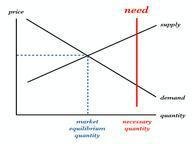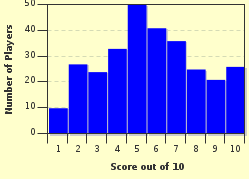Quiz Answer Key and Fun Facts
1. Who theorized that International Trade was a zero sum game, therefore any gains in trade by one country would come at the expense of another?
2. Who wrote "An Inquiry into the Nature and Causes of the Wealth of Nations"?
3. What is the most important concept David Ricardo developed in "On the Principles of Political Economy and Taxation"?
4. Who wrote the work "Das Kapital"?
5. According to the Mundell-Fleming Model, what three things can you not have in what is called the "Unholy Trinity"?
6. According to the Hecksher-Ohlin model, what are the determinants of comparative advantage for different nations?
7. What theorem determined that as the price of a good rises the return on the factor of production most heavily invested in the good's production will also rise?
8. Who wrote "The General Theory of Employment, Interest, and Money"?
9. Which economist is credited with influencing Ronald Reagan and Margaret Thatcher with his "The Road to Serfdom"?
10. Who argues in "Capitalism and Freedom" that government, despite good intentions, often did more harm than good upon entering the economic arena, and therefore should stay out of it whenever possible?
Source: Author
pericles34
This quiz was reviewed by FunTrivia editor
trident before going online.
Any errors found in FunTrivia content are routinely corrected through our feedback system.

